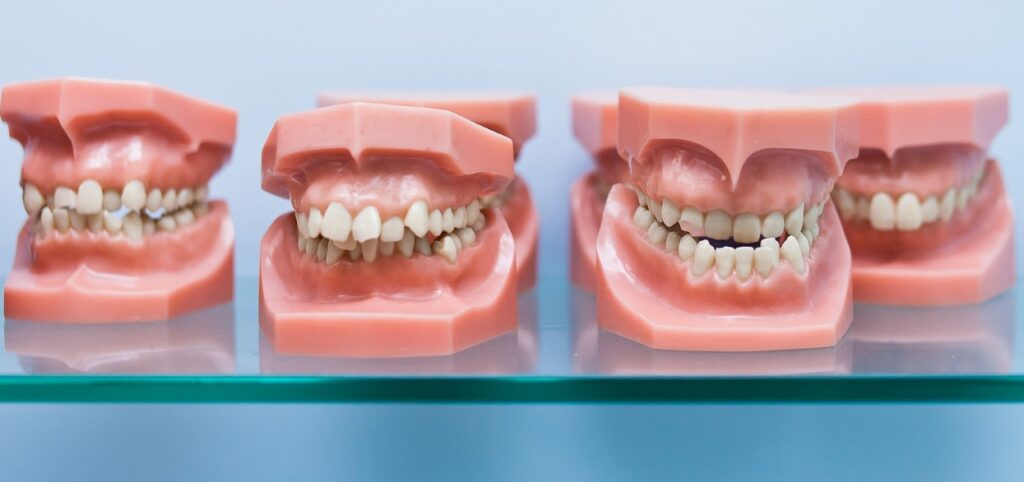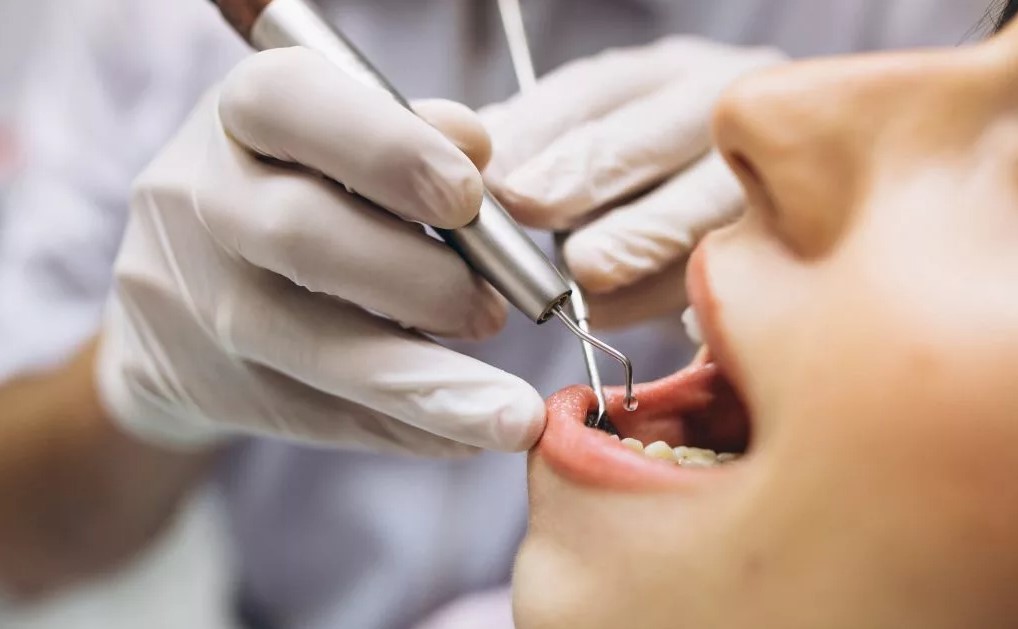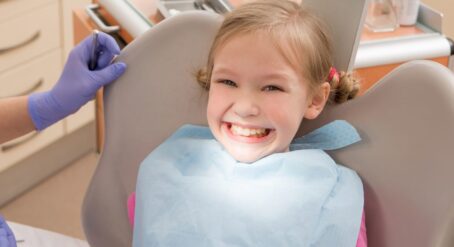Have you noticed that some of your child’s upper teeth sit behind their bottom teeth instead of in front? This common orthodontic issue is called a crossbite. While there are different types of crossbites, each can have its own effect on your child’s bite and confidence.
Luckily, crossbites of all kinds can be fixed with the right orthodontic treatment. We’re going to answer some common questions about crossbites and how your orthodontist can help you.
What is a crossbite?
A crossbite usually involves just a few of your upper teeth growing slightly behind or inside your lower ones (also called an underbite). Whatever the severity, crossbites can grind down your child’s teeth, affect their smile and potentially even harm their gums or jaw growth. Ideally, the upper teeth should all sit slightly in front of the lower teeth.

Different types of crossbites
There are different types of crossbites depending on which upper teeth are affected:
- Posterior crossbite is when the back upper teeth are sitting inside the lower teeth. It can be harder to notice this type initially, as the teeth are further back in the mouth.
- Anterior crossbite is when some of your upper front teeth sit behind your lower ones. This is different to an underbite where all of your lower teeth are in front of the upper ones.
- Bilateral crossbite might be on both sides, while a unilateral crossbite is evident on one side.
What causes a crossbite?
There can be several different causes of a crossbite including:
- Genetics
- Delayed loss of baby teeth
- habits including thumb or dummy sucking
- The abnormal eruption of permanent teeth
What problems can a crossbite cause?
Untreated crossbites can cause significant tooth, gum and jaw complications. A crossbite with one or more front teeth can lead to loosening of the opposing tooth or teeth, gum recession and tooth wear. A posterior crossbite can lead to uneven jaw growth, facial asymmetry and tooth wear.
Even if your child only has one tooth in a crossbite, it is worth seeking orthodontic correction before any of these potential complications arise as their bite can change significantly as they grow.

Can a cross bite be corrected?
With the right orthodontic treatment, yes, a crossbite can be corrected. It can be easier to treat a crossbite when it is addressed early, so it is a good idea to bring your child in for their first consultation with an orthodontist when they are 8 years old and have a mixture of baby and adult teeth in their mouth. This can help the orthodontist assess your child’s growth and help you make a long-term plan.
Can you fix a crossbite without surgery?
Yes, you can. Surgery may be required if your crossbite is severe. Your orthodontist will advise you on the best treatment for your specific crossbite.
Can you fix a crossbite without braces?
Absolutely! While braces are a common treatment for crossbites, it may not be your only option (depending on your situation). Here’s a short list of how to fix a crossbite without braces:
- A fixed or removable expander appliance for a posterior crossbite
- Either limited braces or a plate for an anterior crossbite
- Clear aligners can be used in some instances of a minor crossbite
With all the different treatment and appliance types that correct a crossbite, the options will depend on the position and severity of the crossbite. Orthodontists are trained to diagnose and assess the severity of crossbites in children. They will discuss this with you and help you choose the right kind of treatment for your child’s circumstances, often taking into consideration other factors such as jaw growth, bite alignment, and your child’s age when making recommendations for a treatment plan.
How long does it take to fix a crossbite?
Depending on the severity of your crossbite and treatment option, it can take from as little as 9 months to around 3 years. Your specialist orthodontist will let you know how long the treatment will last and work with you to develop a treatment plan.
Find an orthodontist near you
If you think your child has a crossbite and want to start the journey towards a perfect smile, then you can use our Finder Tool to search for an orthodontist near you.











Hi there , my son is 3 and half at this moment and he is getting anterior crossbite( only two upfront teeth) not very severe. I am wondering if it is best time to start intervention or wait until changing teeth. Great thanks
Hi Amanda,
Although your son will only have baby teeth at three years of age, a crossbite at this age is a sign that he will likely have a crossbite when his adult front teeth come through (typically around six or seven). Fixing the crossbite with baby teeth only doesn’t guarantee the adult teeth will follow into the correct bite so it would be better to have an assessment around six years of age or when the adult front teeth come through.
We hope this helps!